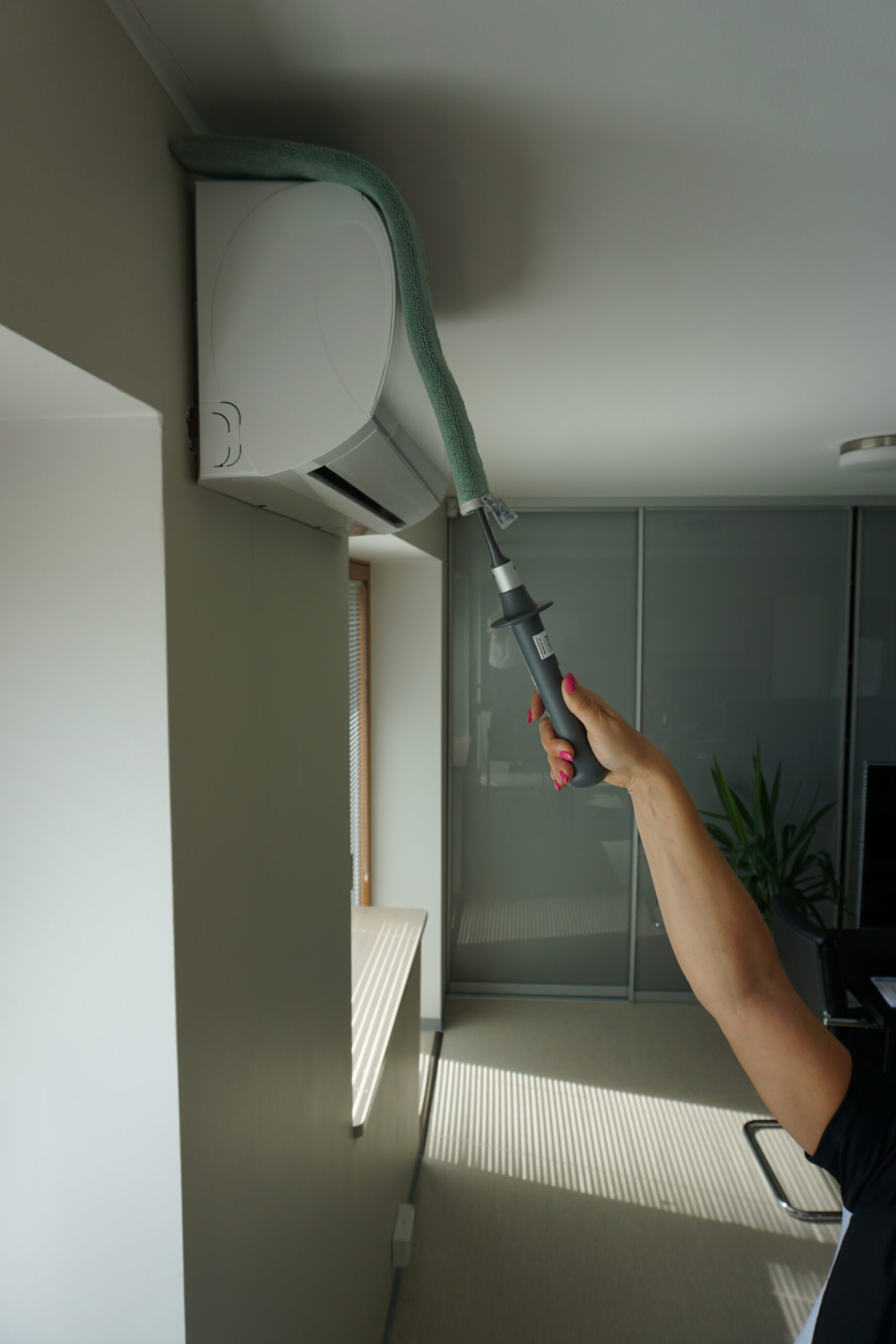info@puhastusekspert.ee +372 5611 1048
6 tips to get rid of dust
 Dust is inescapable. It kind of just happens. Dust is dirt that can have a direct impact on our health. In addition to allergies, it can affect even healthy people because dusty rooms can contain more mould spores than normal. Breathing in dust and spores uses up a certain amount of the body’s energy to cope with them, resulting in reduced immunity. If a person weakened by this then comes into contact with a virus, they are more likely to fall ill. We also tend to feel more tired in such spaces.
Dust is inescapable. It kind of just happens. Dust is dirt that can have a direct impact on our health. In addition to allergies, it can affect even healthy people because dusty rooms can contain more mould spores than normal. Breathing in dust and spores uses up a certain amount of the body’s energy to cope with them, resulting in reduced immunity. If a person weakened by this then comes into contact with a virus, they are more likely to fall ill. We also tend to feel more tired in such spaces.
Experience and studies show that it is particularly important to regularly remove dust from high surfaces and hard-to-reach places, such as on top of cabinets, ventilation ducts, curtain rails, etc. That is because settled dust has time to bind more particles that end up straining our bodies. Studies show that people who spend time in rooms with dust on higher surfaces are up to 40% more likely to contract seasonal illnesses.
Tips for easy dust removal:
- Use a slightly moist microfibre cloth to wipe dust from both surfaces and floors.
- Fold the cloth – if one side gets soiled, turn to the next clean side. This way, you can clean large areas with just one cloth.
- Avoid sweeping floors with a brush and cleaning hard floors with a vacuum cleaner that blows air out of one end. These methods kick dust up only for it to settle back down after a while. An effective way is to use something like a floor squeegee to gather up dust, hairs and the like.
- Remove dust from higher surfaces regularly, for example, every one or two months. This prevents dust from falling down onto lower surfaces and keeps the air cleaner.
- Avoid wetting dry loose dirt, including dust.
- A good tool for sweeping higher surfaces is a flexible duster with a microfibre textile that can be machine-washed.
